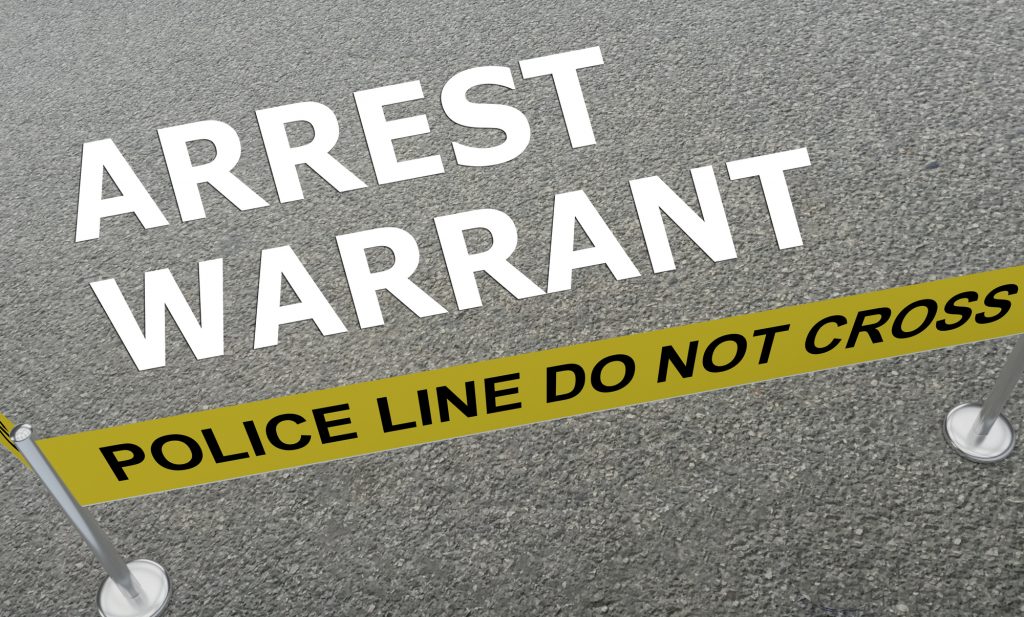
Understand the different types of arrest warrants from the experienced attorneys at McLean Mitchell Defense. Read more on the blog.
When you are facing criminal prosecution, one of the first things you should know about are the types of arrest warrants. The court system authorizes a law enforcement officer to have a warrant to arrest you and bring you before a judge. If police cannot locate you, it becomes an outstanding warrant and your information is entered into national and local wanted person files.
As part of the U.S. Constitution, there must be probable cause to protect individuals from unnecessary searches and seizures. Police can only act without a warrant if you are caught committing a crime or the evidence is in the open. In Florida, the most common warrants vary depending on what criminal charge you are facing. Different arrest warrants carry serious consequences and a highly experienced criminal defense law firm is your best ally to navigate the legal system.
Alias Warrant
An alias warrant arises when a suspect fails to show up in court for a scheduled date before a plea has been entered. This type of warrant can also occur if an individual does not respond to a citation in person or through the mail. Added charges of failure to appear can also get tacked on.
Arrest Warrant
An arrest warrant authorizes the arrest and detention of an individual due to probable cause that a specific crime has been carried out. This is issued before formal charges are filed. This type of warrant is required even for misdemeanors that do not happen within the view of the police. With an arrest warrant, a judge can set a bond or require that the individual be held on “no-bond.” If a bond is an option, the individual can post the bond amount after arrest and agree to appear at the future court hearing in the county where the arrest warrant occurred. In a “no-bond” scenario, the person must wait until the court hearing and cannot bond out of jail immediately. A bond hearing can be scheduled to appear before the judge to request a bond and show your rationale for it.
Bench Warrant / Failure to Appear
A bench warrant occurs when an individual fails to show up for a required court hearing. Not appearing in court can lead to a Class 1 misdemeanor if the missed proceeding was due to a misdemeanor or a Class 5 felony.
Capias Warrant / Capias Pro Fine Warrant
When a guilty judgment has been given and an individual fails to pay the fine or specific conditions within a required time period, a capias warrant is issued. The individual must pay the fine in total or serve enough jail time to earn ample jail credits to resolve this type of warrant.
Civil Capias Warrant
When a defendant regularly does not comply with a judge’s orders, this special type of order will be issued. A civil capias warrant’s purpose is to have the individual appear in court for a hearing.
Fugitive Warrant
When a suspect is believed to be in another local jurisdiction, another state can send this type of warrant.
Governor’s Warrant
A governor’s warrant from the governor’s office helps to arrest and transport a suspect back to that state when the individual commits a crime in another state.
Search Warrant
A search warrant allows the authorities to search a specific premise for evidence of a specific crime. A judge can issue this type of warrant if there is a probable cause based on information presented by the police to the judge via a signed and sworn affidavit.
Traffic Warrant
Unpaid tickets can cause an individual to be arrested via a traffic warrant. Oftentimes, your vehicle will be impounded if you’re arrested when driving.
Violation of Probation Warrant
When an individual has violated probation terms and the judge has evidence that the person clearly violated the specific details, this type of warrant can be issued. Depending on the original crime and location, this may cause an individual not to be eligible for bond.
Takeaway
The criminal defense attorneys at McLean Mitchell are former state prosecutors who are committed to fighting for their clients’ rights. They know the ins and outs of the Florida criminal justice system and have a strong track record of dismissals, removing different arrest warrants and determining the best steps to get your life back. Get a free initial legal evaluation of your case by contacting us today.









